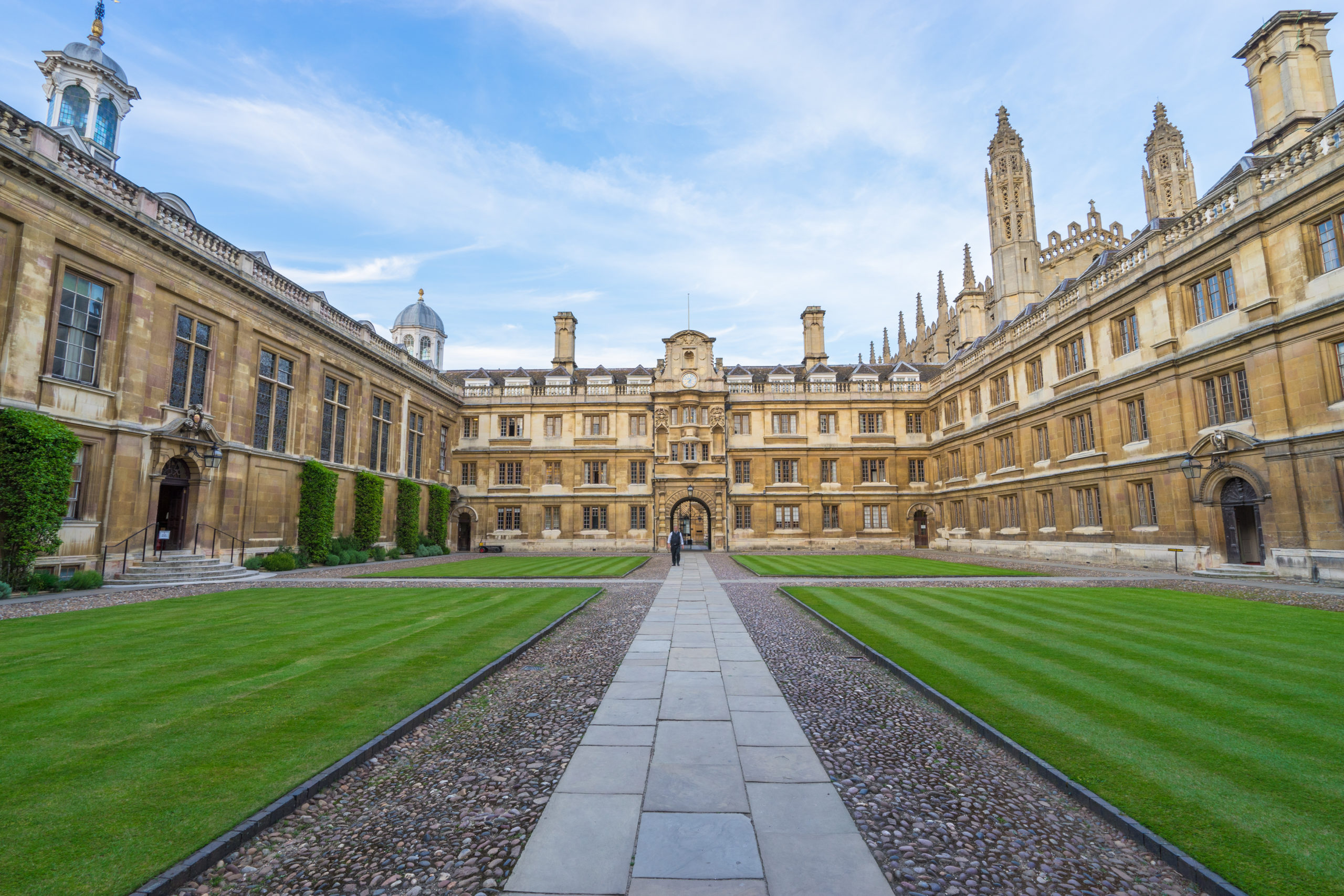Even though the Universities of Oxford and Cambridge were established over 800 years ago, their allure has never faded. Commonly known as Oxbridge, some of the most famous poets, writers, philosophers, scientists, politicians, actors and Noble Prize winners have walked the corridors and halls. The universities have also been the backdrop to many famous movies and TV shows such as the Harry Potter series and the biographical Stephen Hawking film, The Theory of Everything to name a few. But what really differentiates them from the other universities and what is it like actually to study at either of these institutions?
Here are a few factors that really make Oxbridge stand out:
1) Tracking:
When applying to any UK university, you need to select a particular course or major. This means that you need to be sure that you are committed to studying that subject over the full course of your undergraduate education. The philosophy at Oxbridge is to delve deep into a particular topic and understand it fully. This means that if you were to study English, you would spend time reading and understanding the nuances of Shakespeare, discover literature at different stages right from the 1000s and even unearth Greek tragedies. You won’t spend any time-solving mathematics problems or deciphering economic theories as an English major. In fact, all courses taught at Oxbridge require you to do a significant amount of reading on your own, so Oxbridge students always say, “I am reading law, or I am reading engineering,” rather than “I am studying law/engineering.”
2) Tutorials or supervisions:
A cornerstone of the Oxbridge system is the tutorials (Oxford) or supervisions (Cambridge). This system of personalised meetings with your tutor(s) is central to the Oxbridge experience. Each week, you will have one or two hour-long tutorials/supervisions with an academic expert (usually a professor) in your field, either in a small group or individually. During these sessions, you will discuss your work, ideas and thoughts and receive constant feedback and comments which will encourage you to push your boundaries. Before each tutorial/supervision you will need to prepare, either by reading a prescribed text, writing essays or solving problems which will be discussed in the session. Tutorials and supervisions happen as frequently as once a week during term time.
3) The college system:
One of the most distinctive features of Oxbridge is the college system. The University of Oxford has 45 colleges, while the University of Cambridge has 31 colleges, each with its own governing rules and regulations. When you apply to Oxbridge, you usually apply to a particular college. Hence, rather than being only a member of the academic department of the university, you are also a member of your college. Each college has its own common room, library and groups and societies and as such serves as your home during your time at the university. This small academic community usually consists of anywhere from a few hundred to a thousand students, however, you do meet other students from different colleges who are studying the same course and at university-wide events.
4) Exams:
As Oxbridge is known for its academic rigour, it is no wonder that they prioritise exams. At Oxbridge, examinations count for most of your course grade. Internal assessments and a dissertation may make up the rest of your grade. At the University of Oxford, you will have examinations, called Prelims or Moderations, at the end of year one, which you will need to pass to progress to year two. The next set of exams is usually conducted in your final year and after passing, you will gain your degree. Individual colleges may also have their own examinations at the beginning of each term, called Collections. While they do not affect your degree, they enable your professors to track your progress. At the University of Cambridge, examinations take place at the end of every year.
5) Traditions:
Did you know that while sitting for exams at the University of Oxford you need to wear your ‘sub-fusc’ (a black gown with a white shirt and black trousers and either a white pink or red carnation pinned onto the gown depending on the exam)? Or at the University of Cambridge, you are required to wear ‘academic dress’ at Formal Hall (a three-course dinner hosted by the College staff which can be held every day)? Or that events such as the May Ball, an elaborate party to signify the end of term or The Boat Race, a rowing contest on the River Thames are famous worldwide? Oxbridge is steeped in traditions, making them one of the most intriguing places to study.
6) University towns:
While not unique to Oxbridge, both universities are located in small university towns in the British countryside. While studying at either university, you can spend time on the river bank, meander through the town and the university ‘quads’ or ‘courts’. With a plethora of libraries and student-centric activities around town, you will be hard-pressed not to find something that piques your interest.
These are just a few factors that really make Oxbridge stand out from other universities in the UK. If you are thinking about applying to Oxbridge for an undergraduate degree, then it is important to know that you can only apply to ONE, not both. Besides having exceptional grades and a passion for your subject that you can demonstrate in your personal statement, you will also need to stand out in the interview. For more information on applying to Oxbridge, get in touch with us.




